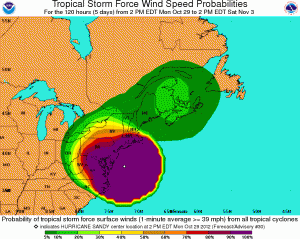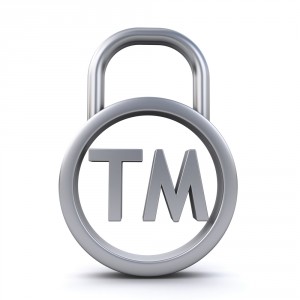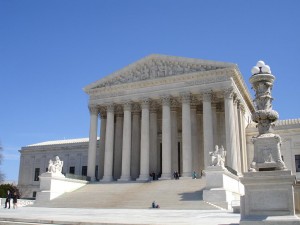 United States v. White, US 7th Cir. (10/26/12)
United States v. White, US 7th Cir. (10/26/12)
Civil Rights, Constitutional Law, Criminal Law
White created a website to advance white supremacy and included a statement that “everyone associated with the Matt Hale trial has deserved assassination for a long time.” The site also included information related to the foreperson of the jury that convicted Hale, a white supremacist, of criminally soliciting harm to a federal judge. Although a jury convicted him of soliciting the commission of a violent federal crime against a juror, 18 U.S.C. 373, the district court held that the government failed to present sufficient evidence for a reasonable juror to conclude that White was guilty of criminal solicitation, and that White’s speech was protected by the First Amendment. The Seventh Circuit reinstated the conviction and remanded for sentencing. A rational jury could have found beyond a reasonable doubt that, based on the contents of the website, its readership, and other contextual factors, White intentionally solicited a violent crime against Juror A by posting Juror A’s personal information on his website. Criminal solicitation is not protected by the First Amendment.
American Freedom Defense Initiative v. Suburban Mobility Authority for Regional Transportation, US 6th Cir. (10/25/12)
Communications Law, Constitutional Law
American Freedom Defense Initiative is a nonprofit corporation that wanted to place an advertisement on the side of city buses in Michigan. The advertisement read: “Fatwa on your head? Is your family or community threatening you? Leaving Islam? Got Questions? Get Answers! RefugefromIslam.com”. Suburban Mobility Authority for Regional Transportation (SMART), refused to display the advertisement. AFDI sued, claiming a First Amendment violation. The district court granted a preliminary injunction, holding that plaintiffs likely could show that SMART’s decision was arbitrary. The Sixth Circuit reversed. SMART’s policy prohibits: political or political campaign advertising; advertising promoting the sale of alcohol or tobacco; advertising that is false, misleading, or deceptive; advertising that is clearly defamatory or likely to hold up to scorn or ridicule any person or group of persons; and advertising that is obscene or pornographic; or in advocacy of imminent lawlessness or unlawful violent action. The restrictions, which concern a nonpublic forum are reasonable, viewpoint-neutral limits that do not deny AFDI’s First Amendment rights. The injunction would cause substantial harm to others, compelling SMART to post on its buses messages that have strong potential to alienate people and decrease ridership; the public interest would not be served by this preliminary injunction.
 As Hurricane Sandy moves toward New Jersey and Delaware, we thought it might be useful to pull some resources for those folks living in the projected path of the storm, as we did last year for Hurricane Irene. We hope that everyone in the area has found safe shelter and has all the necessities to weather the storm.
As Hurricane Sandy moves toward New Jersey and Delaware, we thought it might be useful to pull some resources for those folks living in the projected path of the storm, as we did last year for Hurricane Irene. We hope that everyone in the area has found safe shelter and has all the necessities to weather the storm.

 United States v. White
United States v. White Yesterday, WhitServe LLC
Yesterday, WhitServe LLC  For several months, Facebook has
For several months, Facebook has  The
The  In a few days, several of us here at Justia will be traveling to “gorges” Ithaca, New York, to attend the
In a few days, several of us here at Justia will be traveling to “gorges” Ithaca, New York, to attend the  The U.S. Supreme Court started its term today, hearing oral arguments for Kiobel v. Royal Dutch Petroleum. The case involves the interpretation of a federal statute enacted by the first Congress as part of the Judiciary Act of 1879—the Alien Tort Statute.
The U.S. Supreme Court started its term today, hearing oral arguments for Kiobel v. Royal Dutch Petroleum. The case involves the interpretation of a federal statute enacted by the first Congress as part of the Judiciary Act of 1879—the Alien Tort Statute. Ameranth, Inc.
Ameranth, Inc.  Last week, my colleague Ilana Bergstrom and I attended a session called
Last week, my colleague Ilana Bergstrom and I attended a session called  Facebook and Apple have been hit with another patent infringement lawsuit brought by small, relatively obscure research/technology companies. Yesterday,
Facebook and Apple have been hit with another patent infringement lawsuit brought by small, relatively obscure research/technology companies. Yesterday,